Those operating within the travel industry succeed or fail based on the experience they provide for customers. AI chatbots represent one of the most exciting new technologies that can help improve this experience. In this article, you will learn more about AI chatbot technology and how it can benefit travel companies.
Table of Contents:
- What is an AI Chatbot?
- The Difference Between an AI Chatbot and a Rule-Based Chatbot
- Which Travel Industry Companies Benefit from AI Chatbots?
- 10 Benefits of AI Chatbots for Travel Companies
- 1. 24/7 Customer Support
- 2. Encourage Direct Bookings
- 3. Support For the Full Booking Journey
- 4. Multilingual Functionality
- 5. Cross-Selling and Up-Selling
- 6. Tailored Recommendations
- 7. Smoother Arrivals and Departures
- 8. Rapid Customer Service Response
- 9. Improved Marketing Potential
- 10. Obtain Customer Feedback
- Selecting the Right AI Chatbot for You
- AI Chatbots – What Does the Future Hold?
- Which Features Within an AI Chatbot Are Important?
- More Innovating Technologies Within Travel
What is an AI Chatbot?
An AI Chatbot or chatbot is a software solution powered by artificial intelligence technology that can understand and respond appropriately to human communication. Generally, chatbots of this kind are designed to replicate a user’s interactions with a real person convincingly.
In the travel industry, AI chatbots are usually deployed as digital customer service agents, acting as users’ first point of contact and providing useful information or intelligent answers to questions. The technology most commonly works through text-based chat communication, but may also work through voice recognition and speech.
The Difference Between an AI Chatbot and a Rule-Based Chatbot
Chatbot technology works by understanding and interpreting user questions, commands, or inputs and responding appropriately. However, it is important to understand that chatbot technology takes two main forms.
Rule-based chatbots are more simplistic in nature than their AI counterparts, relying on built-in logic patterns or rules, as the name suggests. Communication tends to be mapped out, so a chatbot could provide a “yes/no” question and then have two responses ready, displaying the relevant one for the response it receives.
By contrast, AI chatbots are more advanced. They are powered by artificial intelligence, allowing the bots to understand user communications and offer a relevant response. AI also allows the bot to improve continually, resulting in interactions that seem much more natural and authentic.
Which Travel Industry Companies Benefit from AI Chatbots?
Within the travel industry, companies from almost all areas stand to benefit from AI chatbot technology. In particular, those in sectors like the hotel, airline, and restaurant industries can capitalize on improvements to booking processes and faster customer service response times.
Of course, the list extends far beyond this. Vehicle hire companies can use chatbots to answer common questions or facilitate easy car, van, or motorcycle rentals. Alternatively, those in the entertainment sector may use chatbots for marketing purposes, as they offer the ability to provide tailored recommendations, based on how the chat develops.
10 Benefits of AI Chatbots for Travel Companies
Below, you will read more about the uses of AI chatbots for the travel industry, complete with 10 specific benefits.
1. 24/7 Customer Support
One of the biggest challenges facing the tourism industry in the modern age is customers’ high expectations regarding the availability of customer support. With this in mind, a key advantage of an AI chatbot for hotels, airlines, restaurants, and car rental services is the ability to provide 24/7 customer service.
An AI chatbot can easily cope with common questions and can do so at all times of the day. Unlike employees, a chatbot will not require rest and will not need to be paid a wage. A hotel bot, for instance, can be continuously available at all times, even when reception staff is busy, or customer service staff are off-duty.
2. Encourage Direct Bookings
OTAs and price comparison websites offer businesses in the travel industry the opportunity to reach more people. However, these bookings require the company to pay a commission, which is why direct bookings are preferable. Crucially, an AI chatbot can help to encourage more direct bookings, improving financial results.
Chatbot technology can be used on a company website, on social media, and messenger platforms, presenting users with options to book directly and delivering these messages in the right moment, maximizing the chances of success.
3. Support For the Full Booking Journey
Booking journeys within the travel industry can be complicated. For example, when booking flights, you need to consider your departure and return dates, your luggage allowance, whether you want a window or aisle seat, upgrades to first or business class, and airport transfers. A similar number of considerations apply to hotels too.
By deploying an AI chatbot, businesses can potentially increase the number of bookings and improve the customer experience, because the bot can support the customer along the way. The chatbot clarifies certain aspects of the products or services on offer, answers questions on pricing, and encourages the customer to continue.
4. Multilingual Functionality
Travel and tourism occur globally, meaning people who speak a wide range of languages may wish to use the products or services that a travel industry company can offer. An AI chatbot can be invaluable, offering multilingual support, so that users or customers worldwide can gain assistance.
AI-powered bots can allow for rapid language detection or translation and automatically respond in the same language the customer is using. Chatbots can also learn more languages than human staff.
5. Cross-Selling and Up-Selling
Both cross-selling and up-selling can play a significant part in attempts to optimize revenue within the travel industry. An AI chatbot can help by pushing cross-selling and up-selling messages during chat conversations and naturally delivering these messages, at the point where they are most likely to appeal to the user.
For instance, a hotel bot could offer to add breakfast to a standard room booking. Similarly, a customer booking a flight through an OTA could be presented with options to upgrade to first class or could be offered additional options, potentially allowing them to book airport transfers or acquire car rental services.
6. Tailored Recommendations
AI and machine learning means that a chatbot can retain information about individual customers as a chat conversation progresses and then actually use this information to improve the quality of suggestions.
This can ultimately lead to the chatbot asking follow-up questions, clarifying preferences, and then providing tailored recommendations, either during the booking process or the travel experience itself. These recommendations could range from recommending a hotel, or promoting discounts, to providing suggestions for things to do.
7. Smoother Arrivals and Departures
Various parts of the travel industry need to contend with customers arriving and leaving, and the smoother these processes are, the better. For example, hotel guests do not want to queue to check in or check out, and people in a restaurant may not want to wait for a staff member to calculate their bill, bring it to them, and collect the payment.
Many arrivals and departures can be sped up using smartphone apps and AI chatbots. Hotels can now provide seamless check-ins and check-outs without requiring human contact, while restaurants can also sort billing via a chatbot.
8. Rapid Customer Service Response
Aside from expecting responses to questions or queries on a 24/7 basis, modern customers also have high expectations related to response times. An AI chatbot can greatly improve customer satisfaction in this area by delivering swift, almost instantaneous responses, no matter what time of the day the customer makes contact.
Not only can this benefit customers, it can also dramatically reduce the work human customer service reps need to do, with chatbots handling simpler issues and humans focusing on more complicated ones.
9. Improved Marketing Potential
Although customer service is often the main motivation for using AI chatbot technology, the ability to improve marketing efforts should not be overlooked. In particular, a chatbot can help to make marketing efforts more specific to individual customers, communicating in the right language and focusing on the right products or services.
Moreover, chatbot messages can be less generic than email marketing templates. At the same time, the ability for customers to respond can also help to boost the chances of the target audience engaging with the marketing content.
10. Obtain Customer Feedback
All aspects of the travel industry rely on understanding the needs and expectations of travelers. Therefore, one of the biggest advantages of using an AI chatbot is the ability to follow up with customers automatically.
Chatbot technology allows this follow-up process across various platforms, from email and mobile apps to Facebook Messenger or WhatsApp. Furthermore, the chatbot can use data collected from the customer to make follow-up communication as personalized as possible, increasing the likelihood of receiving a response.
Selecting the Right AI Chatbot for You
You need to consider many different factors when selecting the best AI chatbot for your specific needs. For example, you need to think about the nature of your business and the types of customer questions you most commonly receive. You also need to think about how your customers interact with your brand.
If you mainly deal with customers through your company website, you need to look for an AI chatbot that can easily integrate with your website layout. In contrast, you need a compatible solution if your interactions are primarily through social media. Of course, price is also an important consideration, and you must ensure you select a chatbot that meets your budget. You should also be aware of any ongoing subscription fees or hidden costs.
AI Chatbots – What Does the Future Hold?
In the years ahead, AI chatbot technology will likely continue improving customer experience and cost-efficiency for hotels, airlines, restaurants, OTAs, and others in the travel industry. These improvements may eventually make rule-based chatbots obsolete.
As voice recognition and digital speech technology also improve, we may see a shift from text-based chatbots to voice-based alternatives. One of the major future developments that could revolutionize the travel industry is related to this and involves instant language translation via voice recognition.
Which Features Within an AI Chatbot Are Important?
Given the numerous advantages associated with the use of chatbots, plenty of travel companies are keen to capitalize. However, there are many different chatbot solutions on the market. For those who are unfamiliar with the technology or experimenting with it for the first time, it can be difficult to compare and contrast these options.
In the article “AI Bot: Which Features Are Important for Travel Companies?” you will read more about the use of AI bots within the travel industry, focusing on the key features to look out for.
Leaders in the travel industry are quickly realizing the benefits of using an AI chatbot, especially when it comes to providing swift customer service response times, timely marketing messages, and greater personalization.
More Innovating Technologies Within Travel
With technology continuously evolving, it should come as little surprise that its applications within the travel industry evolve too. In the following articles, we piled up more innovative technologies in today’s travel and tourism industry.
- How Augmented Reality is Revolutionising the Travel Industry
- How Artificial Intelligence is Changing the Travel Industry
- How Blockchain Technology is Transforming the Travel Industry
- How Virtual Reality is Transforming the Travel Industry
- How the Internet of Things (IoT) Can Benefit the Travel Industry
- How Can Voice Control Benefit the Travel Industry?
- 4 Ways Facial Recognition Can Be Used in the Travel Industry
More Tips to Grow Your Business
Revfine.com is the leading knowledge platform for the hospitality and travel industry. Professionals use our insights, strategies, and actionable tips to get inspired, optimize revenue, innovate processes, and improve customer experience.Explore expert advice on management, marketing, revenue management, operations, software, and technology in our dedicated Hotel, Hospitality, and Travel & Tourism categories.
This article is written by:
Hi, I am Martijn Barten, founder of Revfine.com. With 20 years of experience in the hospitality industry, I specialize in optimizing revenue by combining revenue management with marketing strategies. I have successfully developed, implemented, and managed revenue management and marketing strategies for individual properties and multi-property portfolios.

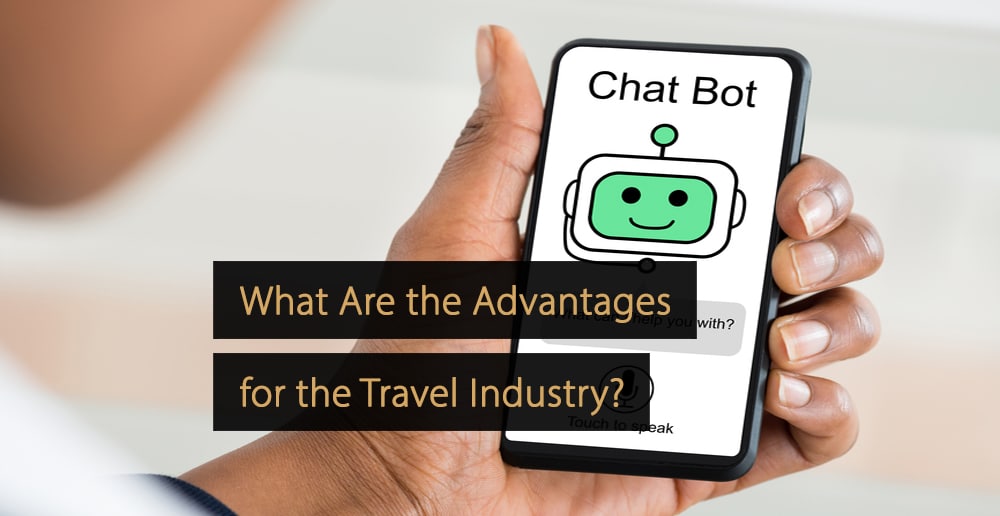



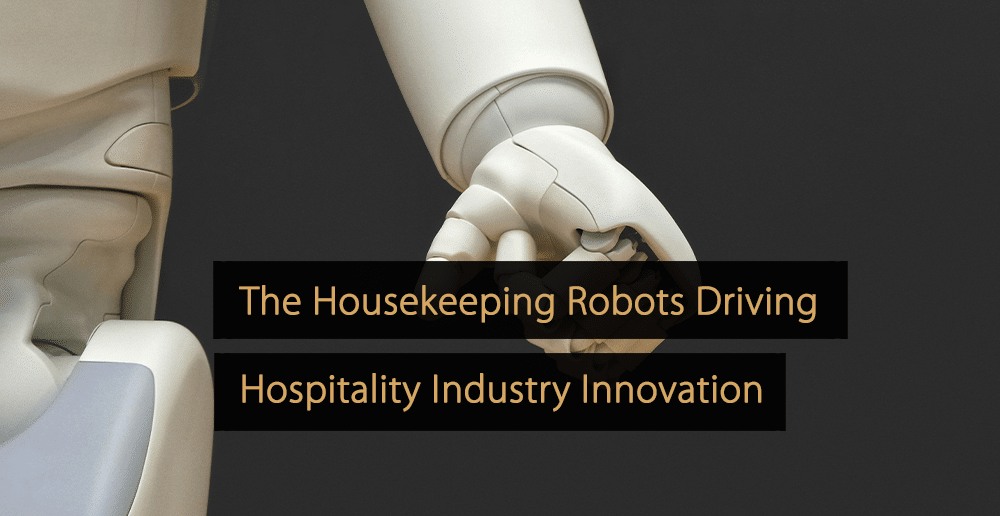
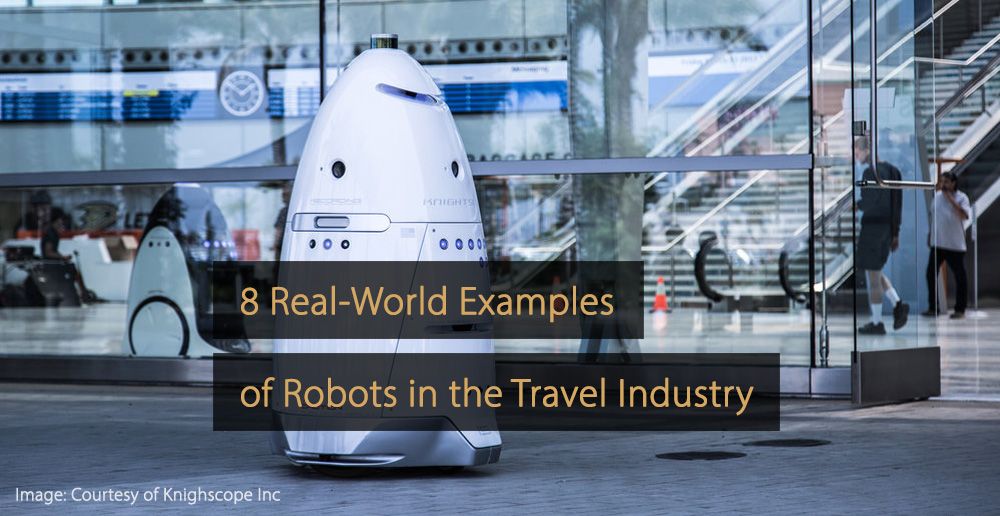
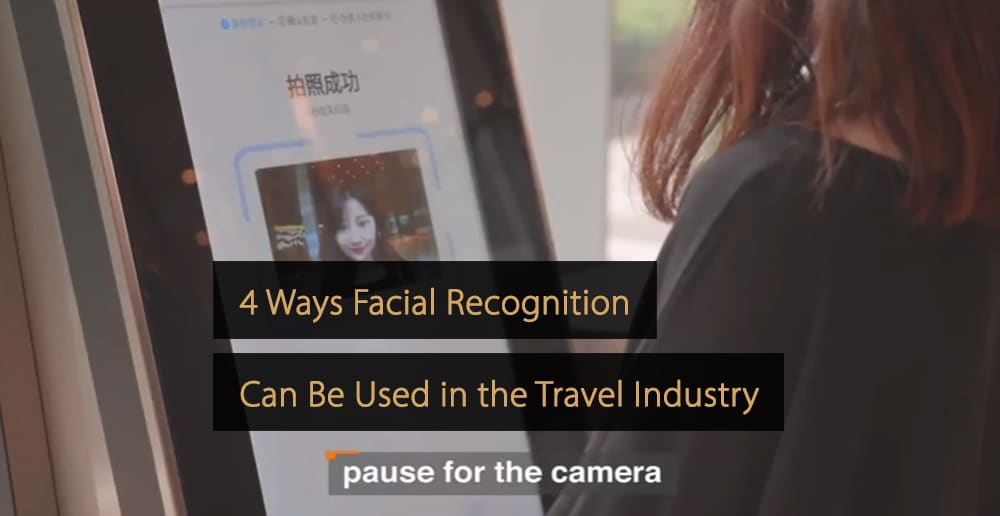
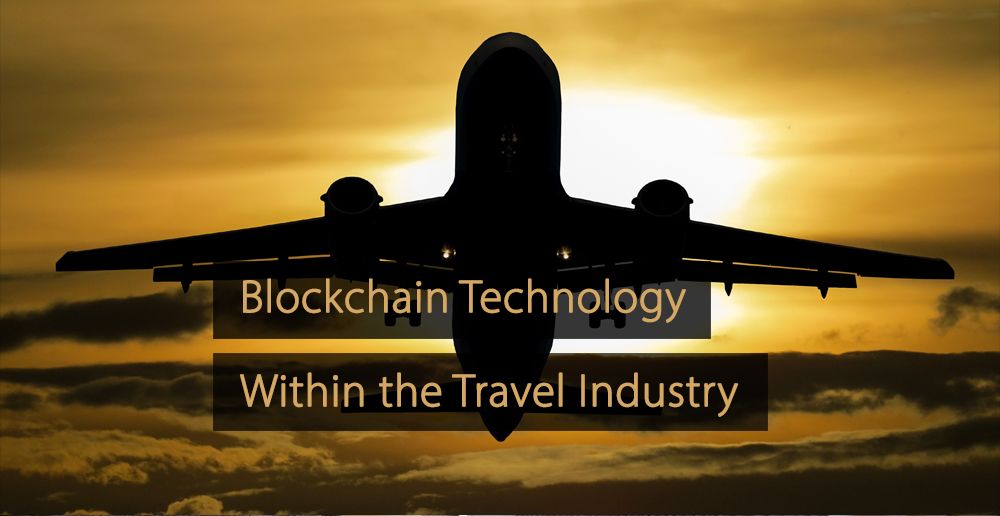
AI chatbots are a preliminary way to expand sales operations, giving new opportunities to teams to deliver real-time promotions and offerings. The customer support process can be improved with the help of chatbots.